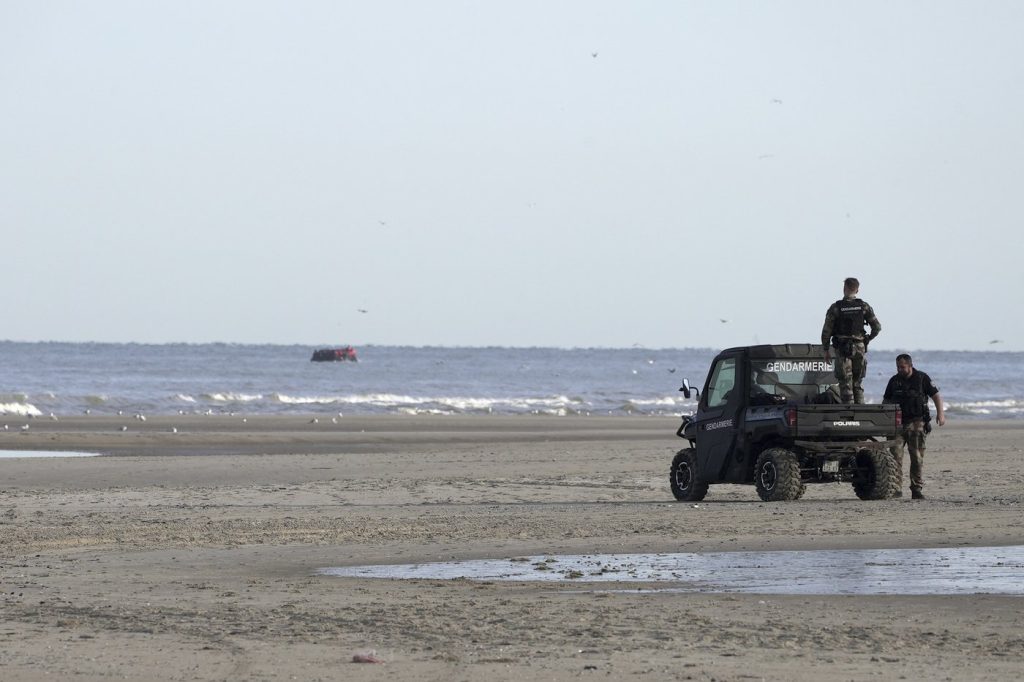LONDON (AP) — British border authorities have recently detained the first group of migrants as part of a new pilot plan aimed at deterring illegal crossings of the English Channel. This initiative, which formally came into effect on Wednesday, will see some migrants who attempt to enter the U.K. via small boats sent back to France. The U.K. Home Office confirmed that these individuals would be held in immigration removal centers pending their return to France.
Home Secretary Yvette Cooper emphasized the program's purpose in a statement, asserting that it serves as a warning to potential migrants. She stated, “That sends a message to every migrant currently thinking of paying organized crime gangs to go to the U.K. that they will be risking their lives and throwing away their money if they get into a small boat.” This point highlights the government's commitment to curbing the dangerous journeys taken by migrants across the Channel.
The agreement, jointly announced by Prime Minister Keir Starmer and French President Emmanuel Macron last month, comes in response to growing dissatisfaction with how the U.K. government manages its borders. Officials suggest that while the pilot scheme currently targets a limited number of individuals, it represents a significant development in the broader immigration policy. The deal establishes a legal precedent indicating that migrants who arrive in Britain unlawfully can indeed be returned to France.
Despite the government's assertions about the potential effectiveness of the program, critics argue that it is unlikely to significantly deter migrants. They point out that the number of individuals who will be returned under this treaty is relatively small, and existing loopholes may allow many who enter the U.K. illegally to remain as they pursue claims related to human rights. This criticism underscores ongoing concerns regarding the efficacy of the pilot plan in addressing the complex issue of migration across the English Channel.
The context of the proposal is essential, as the U.K. grapples with increasing migration numbers and political pressure to take stronger action. Organized crime gangs continue to exploit desperate situations, leading to hazardous crossings. The focus of this pilot program is not only on immediate deterrence but also on establishing a long-term strategy for handling illegal migration.
As the U.K. moves forward with this initiative, it will be closely monitored by both supporters and opponents who are eager to see its impact on migration trends. The effectiveness of this pilot program in altering the flow of migrants across the Channel remains a key question, as officials navigate the intricate balance between enforcement and humanitarian considerations.











